Business
More Than 60 Million Nigerians Are Unbanked – World Bank
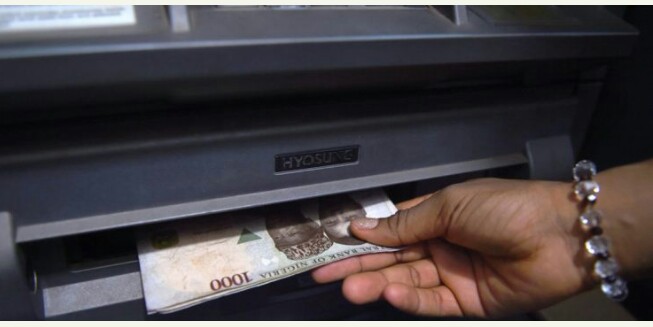
2017 World Bank Global Findex Database report on financial inclusion says that more than 60 million Nigerians are without bank accounts. The report, titled The Global Findex Database 2017: Measuring Financial Inclusion and the Fintech Revolution used data from a survey carried out in 144 countries, in collaboration with the Bill and Melinda Gates Foundation and Gallup Inc.
Globally, 1.7 billion adults are unbanked [don’t use formal banks or semi-formal microfinance institutions to save or borrow money] even though more than half that number could access digital financial services. There was an increase in financial inclusion between 2014 and 2017.
Financial inclusion, which aims to “make financial services accessible at affordable costs to all individuals and businesses, irrespective of net worth and size respectively”, is important for the development of any economy. It means that people who have better access to financial services through traditional, bank accounts and digital payments have greater control over their money, and their savings, securing business loans, insurance and are better prepared for financial emergencies.
Financial inclusion is also important to achieving some of the UN’s Sustainable Development Goals, such as eradicating poverty, improving gender equality, and creating jobs.
Also, it promotes gender equality; easy access to financial services for women translates to participation in the nation-building process and economic growth of any country.
“When the government deposits social welfare payments or other subsidies directly into women’s digital bank accounts, the impact is amazing. Women gain decision-making power in their homes, and with more financial tools at their disposal, they invest in their families’ prosperity and help drive broad economic growth,” said Melinda Gates, Co-Chair of the Bill & Melinda Gates Foundation, said.
Gender gaps in financial inclusion
However, the 2017 Findex report confirms that gender gaps in financial inclusion have still persisted over time, with the wider gaps in developing economies, while high-income economies have no discernible gender gap in financial inclusion. 7 per cent more men hold active accounts than women globally.
In the developing economies, a large gender gap in financial inclusion is contributing to slow economic growth, as it implies that fewer women are participating in the national economic growth. People who don’t have access to inclusive financing either do not have enough money to own an account, or family members already have an account for them (mostly male family figures).
40 per cent more men own accounts than women in Nigeria, meaning there’s been no clear change in financial inclusion in Nigeria since the last Findex report was released in 2014. Other developing economies like Togo, Peru, Lebanon, Jordan, Algeria, Burkina Faso also have wide gender gaps in financial inclusion. Other developing economies [India, Bolivia] have moved in the opposite direction as gender gaps have been steadily closing since 2014.
Adult financial inclusion
Also, in inclusive financing, gaps in account ownership between richer and poorer adults (based on household incomes) tend to be wider in developing economies, with richer people twice likely to own an account than poorer people. Nigeria, Philippines, and Ethiopia are some of the developing countries with wide gaps in financial inclusion between the rich and the poor. However, the advent of mobile money accounts in developing economies between 2014 and 2017 is helping to reduce this gap. In developing economies, poor people are more likely to own both traditional bank accounts and mobile money accounts than rich people.
Nigeria was declared the world poverty capital last year, with almost half of its population living in extreme poverty. 82 million (42 per cent) Nigerians are living below $1.90 per day, implying that 42 per cent of Nigerians probably don’t own an account, or have inactive ones. A recent Bio-metric Verification Number exercise in 2015 in Nigeria, which resulted in the many bank accounts going inactive, also contributed to Nigeria’s 67 million unbanked population.
However, the increasing adoption of mobile banking by Nigerian commercial banks, the proliferation of digital payment solutions and targeted campaigns towards low-income Nigerians mean that the next financial inclusion report will be favourable to Nigeria.
Business
Dana Air initiates refunds following suspension by NCAA for safety audit
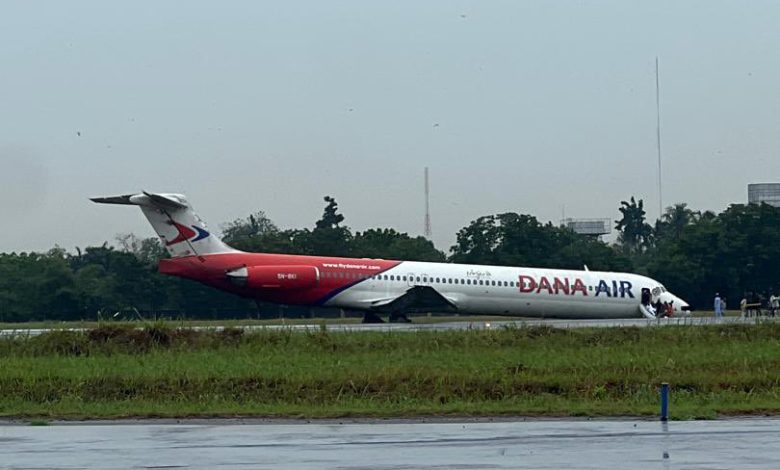
Dana Air has announced that it is processing refunds for flights affected by its recent temporary suspension.
The Nigeria Civil Aviation Authority (NCAA) imposed the suspension to conduct a safety and financial audit following a runway incursion incident involving one of the airline’s aircraft on Tuesday.
The airline disclosed this information in a statement on its official X (formerly Twitter) account on Wednesday, apologizing for the inconvenience and disappointment the suspension may have caused its passengers regarding their travel plans.
According to Dana Air’s statement, passengers who have already booked flights are instructed to send their flight booking details (PNR) and bank account numbers to contact@flydanaair.com for refunds.
- “In light of the suspension, we understand that you may have concerns regarding your bookings and travel plans. We assure you that we are processing refunds for affected flights over the next month.
- “To expedite this process, we kindly request that passengers send their booking details (PNR) and bank account numbers to contact@flydanaair.com,” the statement read in part.
The statement also assured Dana Air customers that the airline is fully cooperating with aviation authorities to address any concerns and ensure that the matter concerning the suspension of its operating license is swiftly resolved.
Business
Naira falls to N1,300/$ at parallel market
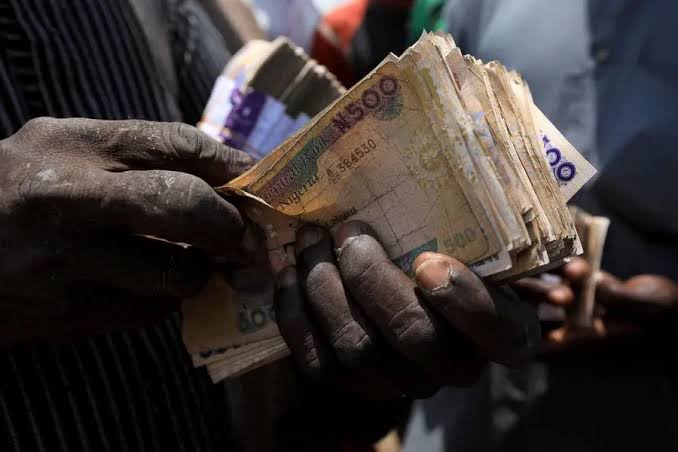
The naira, on Wednesday, depreciated to N1,300 per dollar at the parallel section of the foreign exchange (FX) market.
The current FX rate signifies a 3.17 percent drop from the N1,260 traded on April 22.
Currency traders, known as bureau de change (BDC) operators, quoted the buying rate at N1,260 and the selling price at N1,300 — leaving a profit margin of N40.
At the official window, the naira fell to N1,308.52 against the dollar — a 0.64 percent decline from the N1,300.15 traded on April 23.
According to the FMDQ Exchange, a platform that oversees official FX trading in Nigeria, the naira recorded a high of N1,367 and a low of N1,098.
With the current record, the official window rate still surpasses that of the parallel market by N8.52.
The Central Bank of Nigeria (CBN), on April 23, reduced the FX rate for dollar allocations to BDC operators.
The financial regulator, in a circular signed by Hassan Mahmud, director of trade and exchange department, said it sold $10,000 at the rate of N1,021/$ to each BDC.
On April 8, CBN also sold FX to the BDCs at the rate of N1,101/$, compared to the N1,251 the apex bank offered to the parallel market operators on March 25 and the N1,301 announced on February 27.
Business
Economic hardship: Soludo’s wife advises Anambra women to embrace backyard gardening
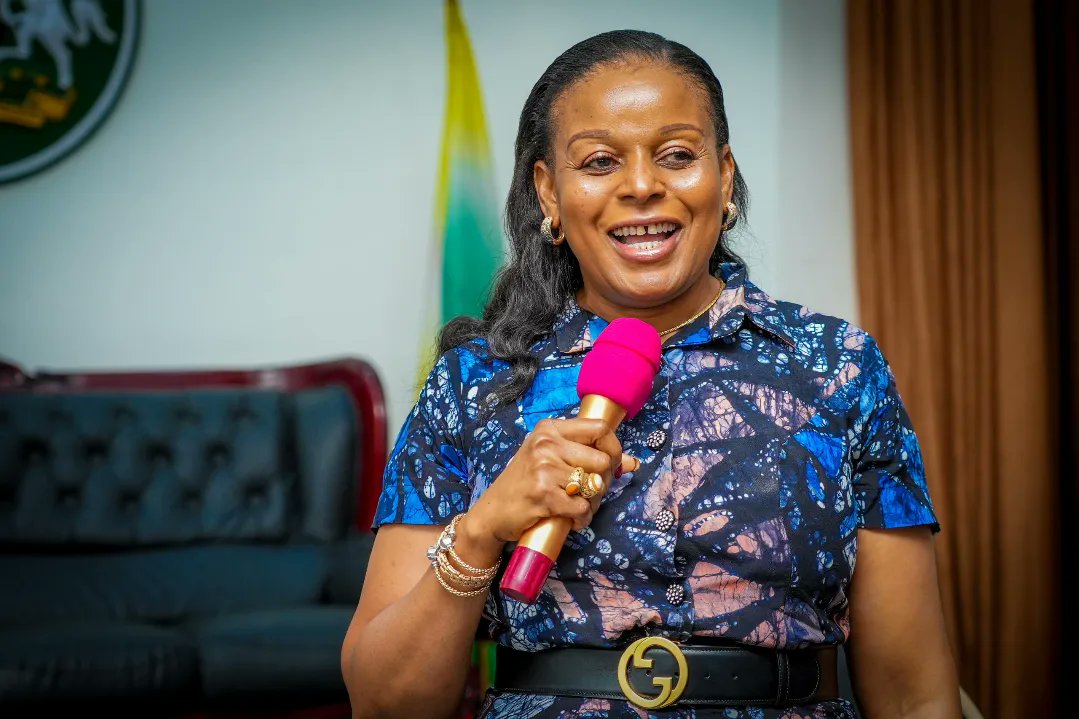
Nonye Soludo, the first lady of Anambra, says women in the state should embrace backyard garden practice to help their families cope with the rising cost of living.
Nonye, the founder of Healthy Living Initiative, spoke when she received a group of Anambra female farmers and businesswomen in Awka, the state capital.
She said home garden practices have helped families as primary and regular sources of diet and nutrition
The Anambra first lady said backyard gardens would also reduce dependence on commercial food products which are mostly expensive.
“Economic circumstances do not completely determine healthy living practices, including the choice of what we consume to keep the body in good shape,” she said.
“We also need to dispel the notion that eating healthy is about eating expensive food products.
“You only need to go to the small farm behind your house to pick up what the body needs to be healthy.
“This is why I am encouraging families to embrace backyard or home gardens and this is in line with the state government’s agricultural agenda.
“Those who live in areas without enough land for subsistence farming purposes can adopt sack farming, which does not cost anything to set up.
“By having such farms around the house, households can have easier and healthier alternatives, cut down their costs of living and boost the green environment.’’
Nonye said her healthy living campaign aims to sensitise households on adopting healthy living as a culture.
“One of our goals is to ensure that families in Anambra prioritise nutritional values of what they eat to improve their family health,” she added.
On her part, Esther Onyekesi, the leader of the group, said women have a major role to play in food production and should be given every necessary support.
Onyekesi, who is also the women’s leader of the All Progressives Grand Alliance (APGA) in the state, encouraged her colleagues to key into backyard farming to enhance food security.
She added that the recent hike in prices of foodstuffs should encourage everyone to go into farming.
-

 Business1 week ago
Business1 week agoX will start charging new users to post, says Elon Musk
-

 Entertainment1 week ago
Entertainment1 week agoJUST IN: Cubana Chief Priest pleads not guilty to naira abuse charge
-

 News2 days ago
News2 days agoFAAN reopens Lagos airport runway after Dana Air incident
-
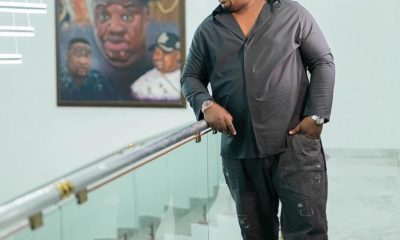
 Entertainment1 week ago
Entertainment1 week agoCubana Chief Priest arrives court for naira abuse trial
-

 Celebrities1 week ago
Celebrities1 week ago‘Not see you for 6 months, impossible’ — Davido reacts to Cubana Chief Priest’s bail
-

 Business6 days ago
Business6 days agoElon Musk threatens to suspend X accounts doing engagement farming
-

 Celebrities1 week ago
Celebrities1 week agoKai Cenat threatens to sue OnlyFans model, Layla Red who leaked their chats
-

 World1 week ago
World1 week agoDubai international airport cancels flights as flood ravages runway, UAE


















